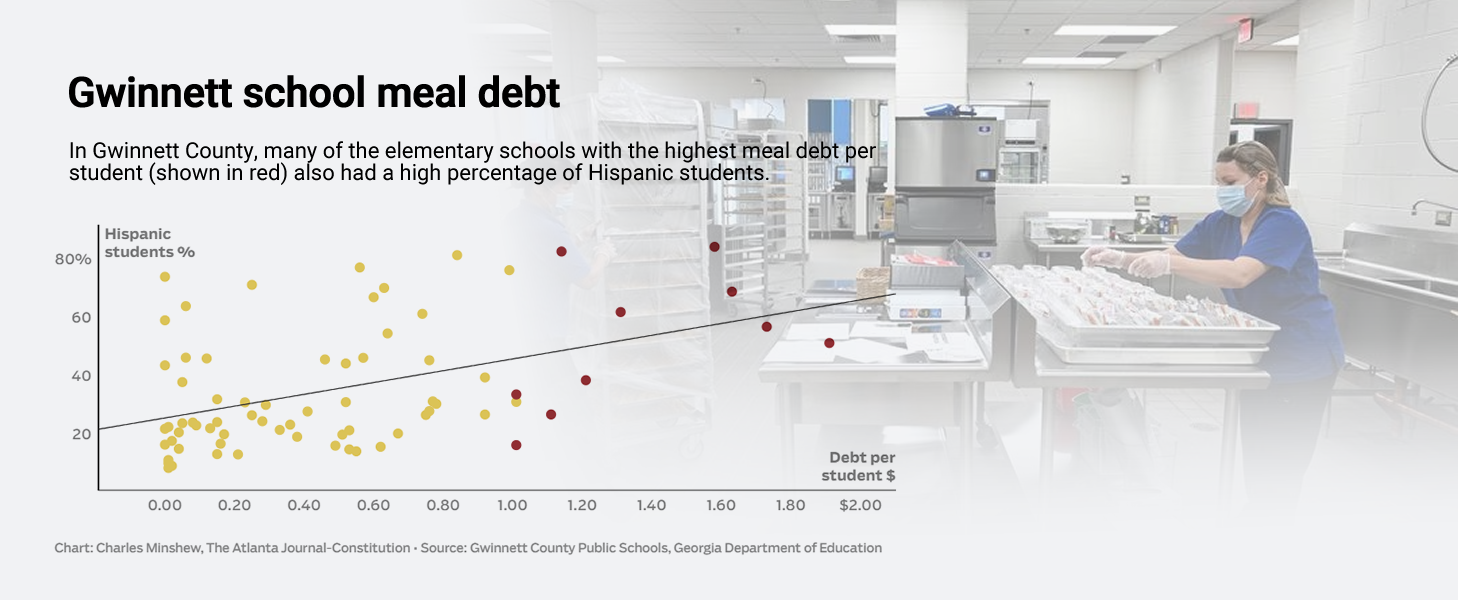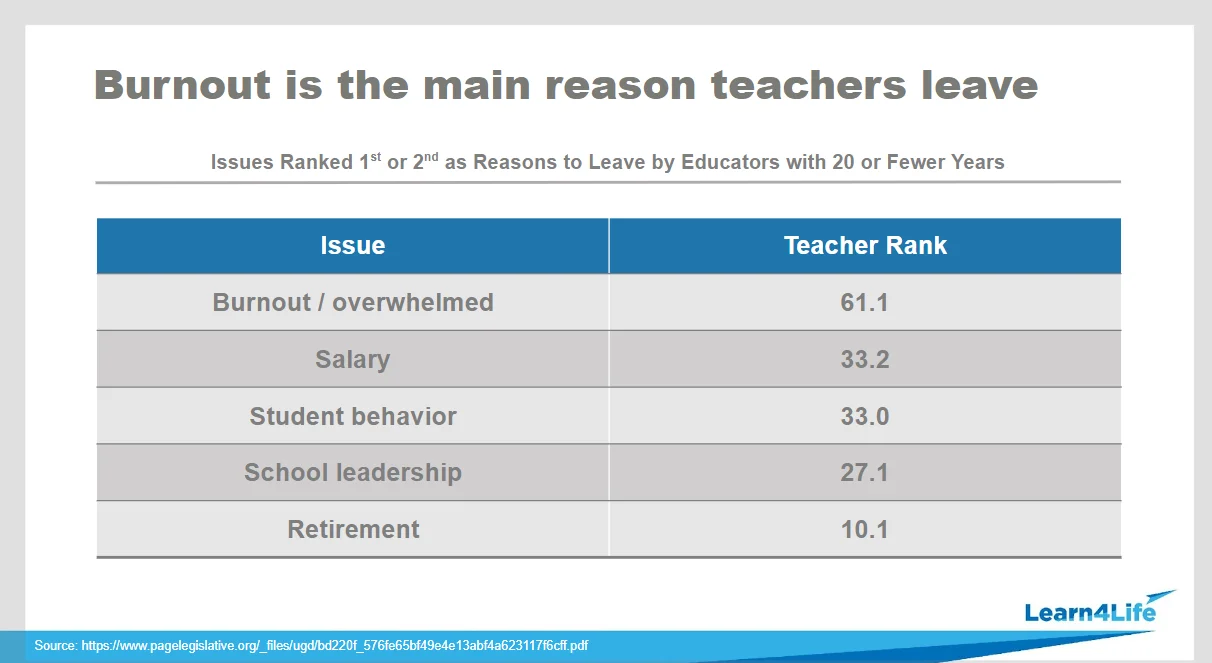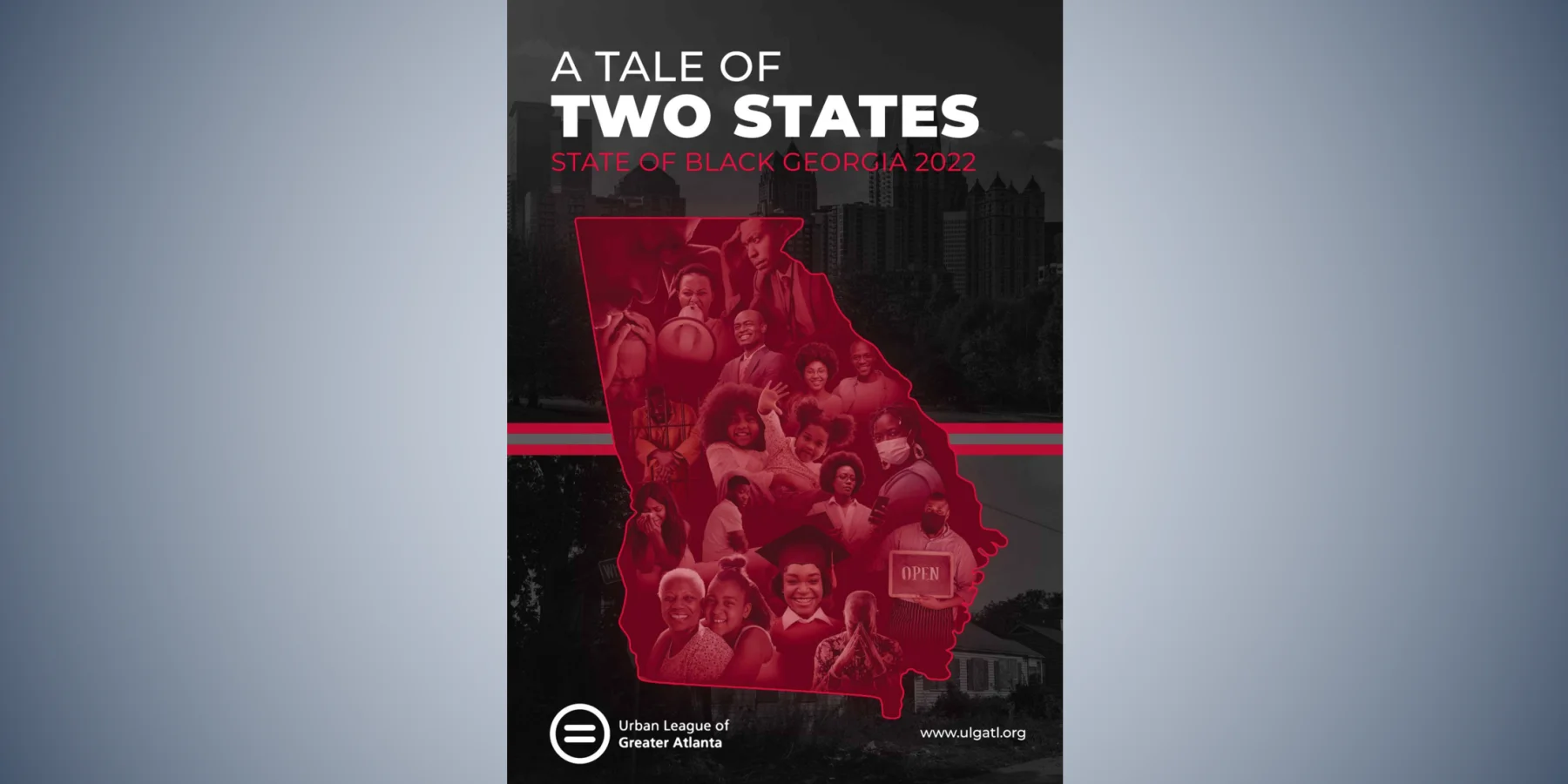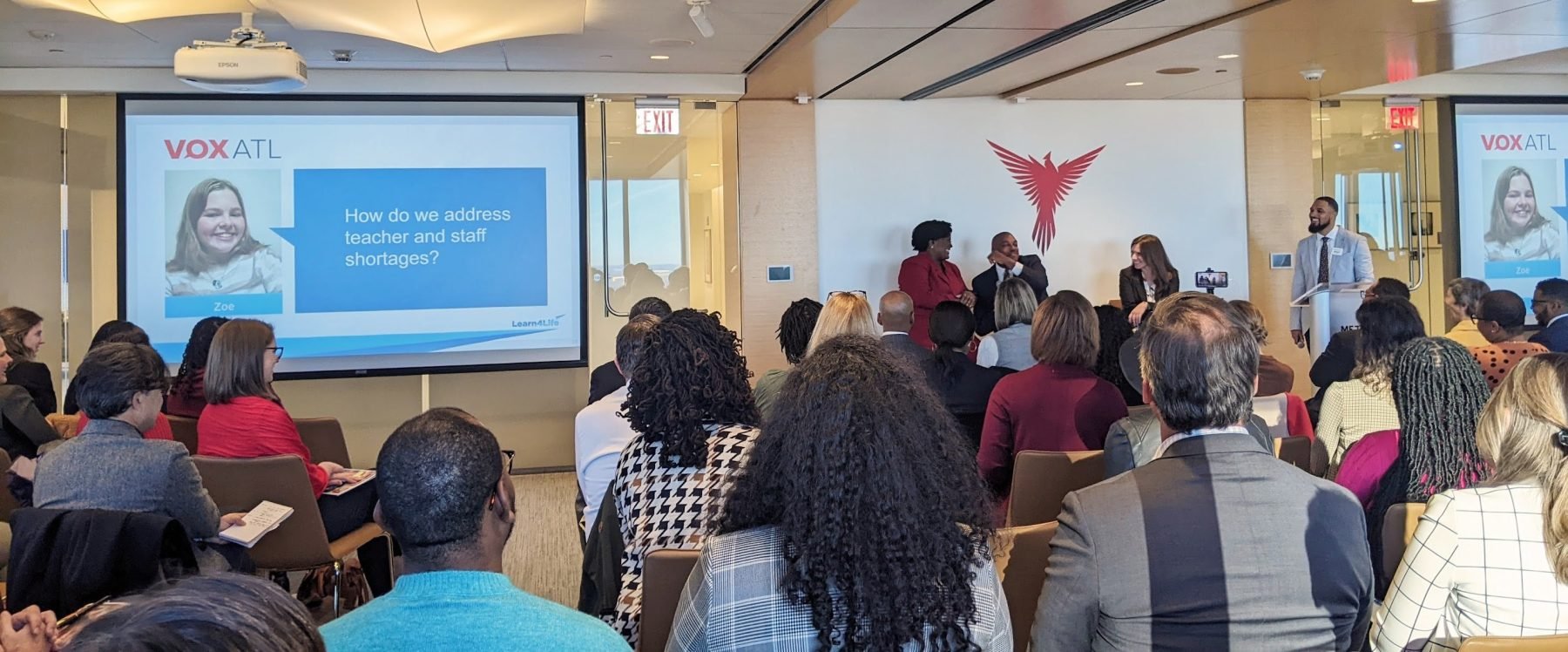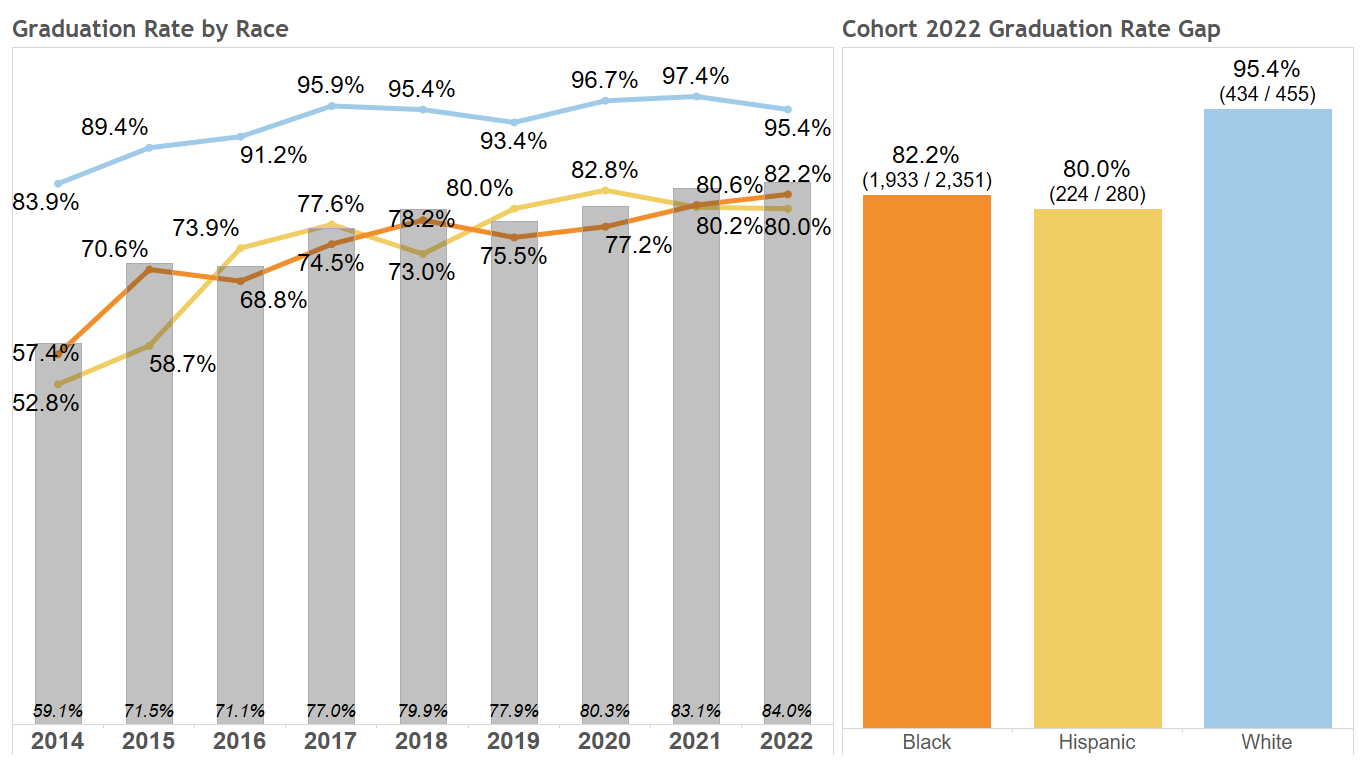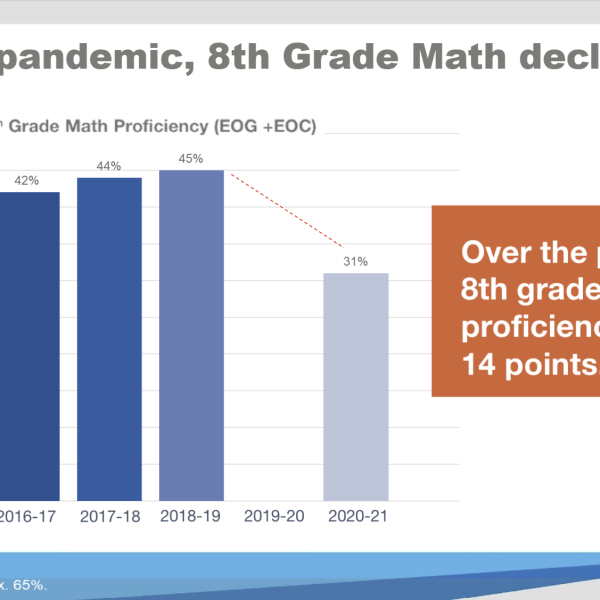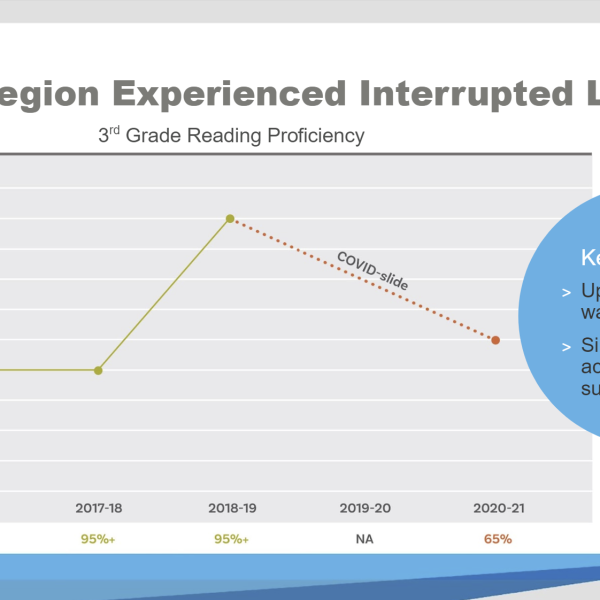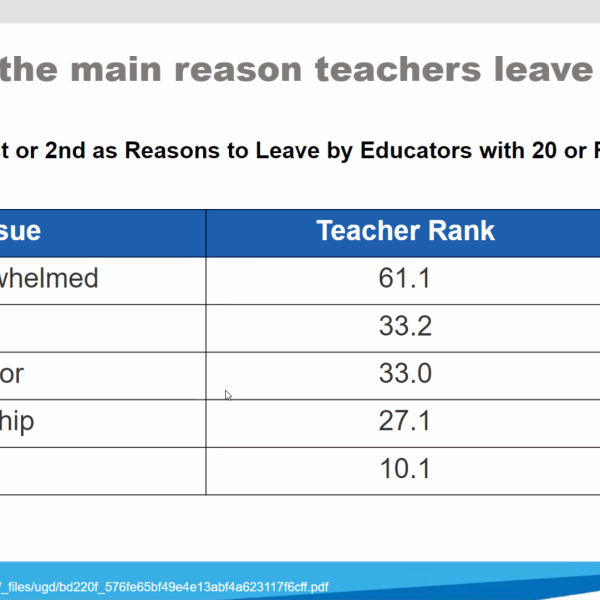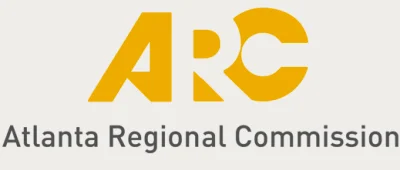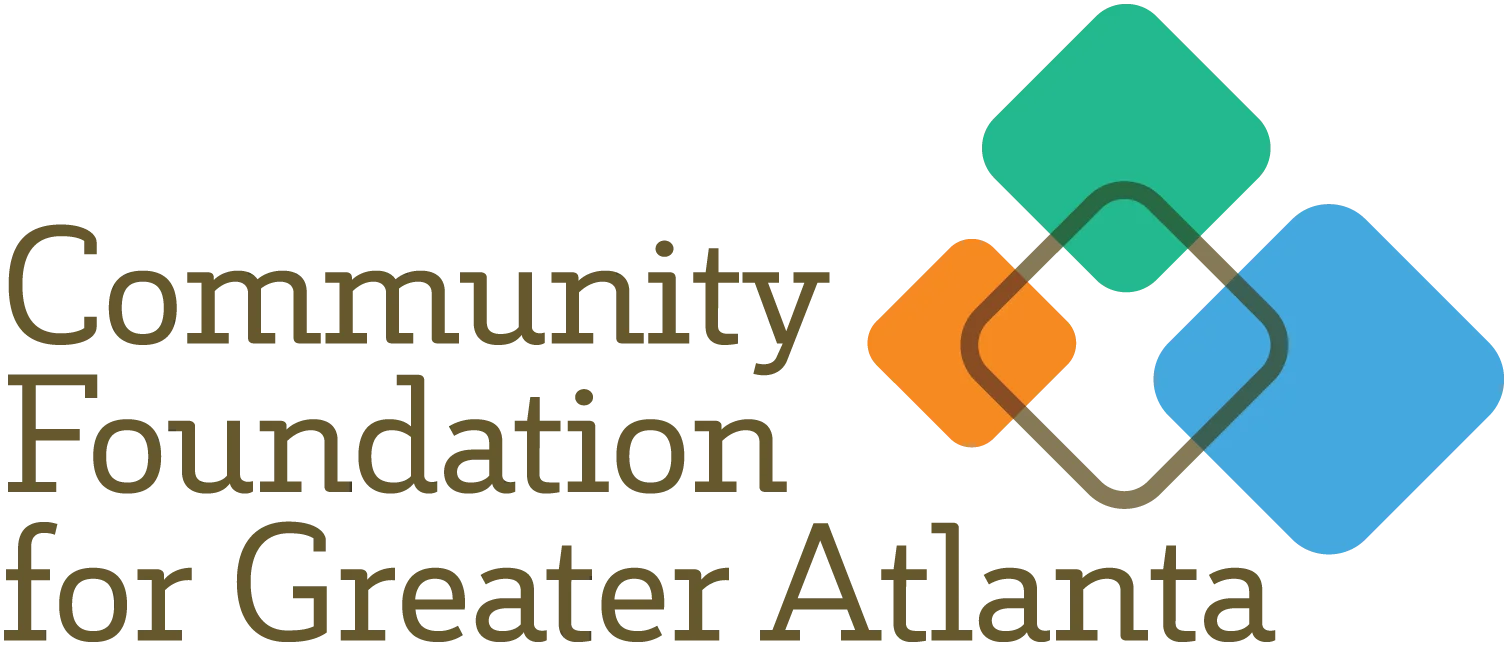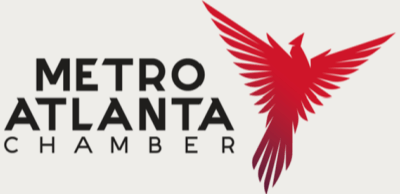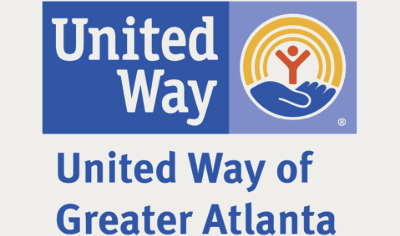There are 79 neighborhoods throughout Greater Atlanta with low and declining child well-being
A few months ago, United Way of Greater Atlanta published the 2023 update of their Child Well-being Index. This data serves as a diagnostic tool to tell where each neighborhood is progressing toward saying that “all the children are well” and to guide how United Way directs its resources to most effectively improve child well-being and transform lives for the better.
Here are some key insights from this year’s update:
- There are 79 neighborhoods throughout Greater Atlanta with low and declining child well-being.
- Nearly 500,000 of Greater Atlanta’s 1.2 million children and youth live in high-need areas.
- Data also shows that low child well-being scores disproportionately impact BIPOC populations.
- Nearly 14,000 youth are not connected to school or work.
- The overall regional score remained stable compared to 2018 – largely due to public and private funding and resources to offset damage from the pandemic. However, it is important to mention that since the data for the 2023 index scores was collected, these programs have largely ended.



